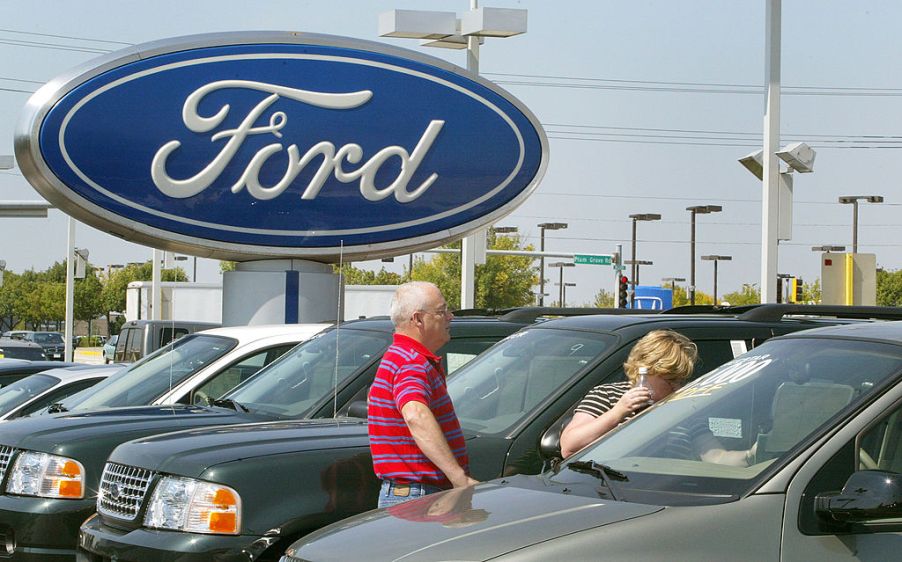
Can Buying a Car Actually Be a Good Investment?
While you might think that buying a car is actually an investment, it technically isn’t. A car is a depreciating asset, and just because it costs a lot and you will more than likely have to make payments on it (depending on how much of a car you buy), it’s not actually considered an investment like a house or a stock purchase that actually appreciate in value. But this made us wonder: Are there cases where buying a car is actually a good investment?
Perception is key
Unless you buy a classic muscle car or some other collectible that could appreciate in value over the years, any other car you buy will lose its value to some extent. And if you are thinking about buying a collector car, then you’re probably going to pay out the nose for it to begin with just so that it can slowly appreciate in value over time. Is that really a good investment? If you have the means and the time to do go about that type of venture, then possibly, yes.
However, if you’re not able to buy a classic car that appreciates in value, then we suggest buying a pre-owned car that’s already taken the initial hit of depreciation but is new enough to not cause you to repair issues, then you’ll actually put yourself in a better spot financially. We say this because if you buy a new car, it will depreciate the moment you drive it off the lot, and if you buy a much older one, it might have major issues that can offset the money that you initially saved. One of your best bets, in that case, is buying a certified pre-owned (CPO) car.

A CPO car is a step in the right direction
A couple of best reasons to buy a new car is that it comes with a factory warranty and financing rates for them are typically lower. However, according to The Balance, “In the first year, most cars depreciate in value at least $1,500. Many depreciate much more than that. The average decrease is about $2,500.” With this general rule of thumb in mind, we suggest opting for a certified pre-owned car because those are cars that have gone through a more detailed inspection than the non-certified cars on a dealer lot and also come with a warranty.
Also, most automakers have special financing rates for CPO cars, so you’ll likely get a lower rate as opposed to buying a non-CPO used car. And while buying a CPO car still mean that you’re buying a depreciating asset, you’re at least saving thousands off that initial depreciation hit and you won’t be losing as much money for the length of time that you own the car. So technically, buying a certified car is a step in the right direction as far as “investing” in a car. After all, it’s not like the car is going to worth $0 someday, so you’ll get some of your money back for it even if you keep it for 20 years.

Can buying a car be good investment?
Technically speaking, buying a car is not a good investment, especially you end up buying more of a car than you really need and sink a lot of your income into it. Some experts suggest that you should only spend between 10 to 50% of your gross annual income on a car, which is why we suggest finding a happy medium and going with a certified car. It might not appreciate in value, but at least it will serve you well for years and you won’t pay as much initially.



